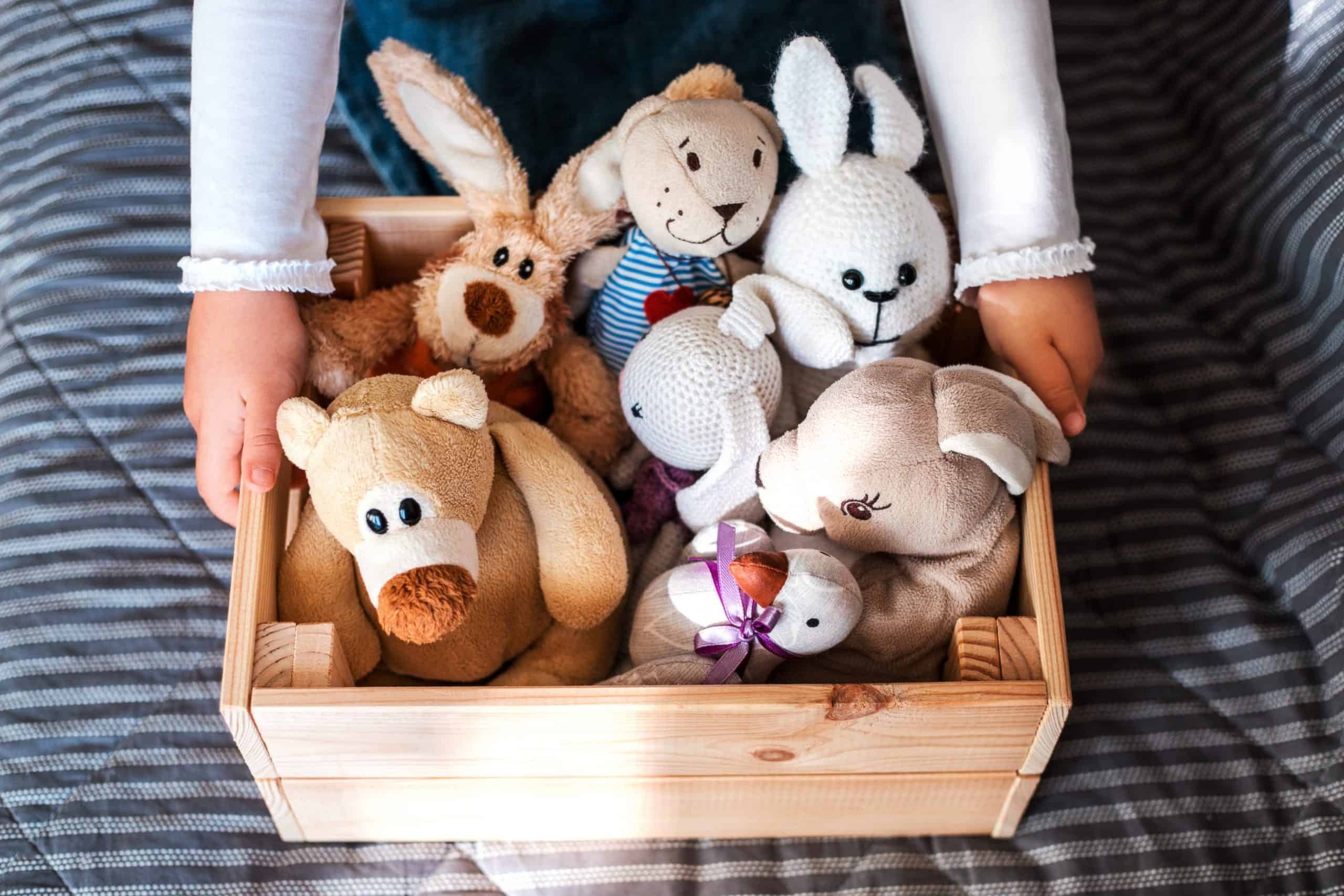Stuffed animals are often thought of as children’s toys or decorative items for a home, but for some individuals, they serve as emotional support companions. These individuals may rely on their stuffed animals for comfort during times of stress, anxiety, or loneliness. While some may view this as unusual or childish behavior, it is not uncommon for adults to use stuffed animals as emotional support tools.
Emotional support animals, or ESAs, are becoming increasingly popular as a way to manage anxiety, depression, and other mental health issues. While most people think of ESAs as dogs or cats, any animal can serve as an ESA if it provides emotional support to its owner. This includes stuffed animals, which can be a comforting presence during times of emotional distress.
Stuffed animals have been used for emotional support for many years, and research has shown that they can be effective tools for managing anxiety and stress. They can provide a sense of comfort and security, which can help reduce feelings of anxiety or depression. For some individuals, the act of holding or cuddling a stuffed animal can provide a sense of grounding and help regulate their emotions. But is it normal to have emotional support stuffed animals?

The short answer is yes, it is entirely normal to have emotional support stuffed animals. Humans have always found comfort in objects that provide them with a sense of security and emotional support. Whether it’s a teddy bear, a blanket, or a cherished item from childhood, we often turn to these objects during difficult times to help us cope with our emotions and anxieties.
Stuffed animals, in particular, have long been a source of comfort for people of all ages. For some, it’s the soft, plush texture that provides a sense of comfort and calm. For others, it’s the familiarity of a beloved childhood toy that brings back happy memories and feelings of safety.

But why do we turn to these inanimate objects for emotional support? One reason is that they can serve as a physical representation of our emotions. When we hug a stuffed animal, we may feel as though we are embracing our own feelings of sadness or anxiety. It’s a way of externalizing our emotions and making them more tangible and manageable.
Emotional support animals, or ESAs, are not a new concept. They have been used to help people cope with mental health issues for decades. Traditionally, ESAs have been dogs, cats, or other types of pets. However, stuffed animals can also serve as an ESA for some individuals.
Stuffed animals are often used by people with anxiety, depression, or PTSD to help them calm down and feel more grounded. They can serve as a reminder of happy childhood memories or a source of comfort during difficult times. For some, the soft texture and familiar scent of a stuffed animal can be incredibly soothing.
It is essential to note that not everyone needs emotional support from stuffed animals, and that is perfectly okay. Everyone copes with stress and anxiety differently, and there is no one-size-fits-all solution. However, if a stuffed animal brings comfort and helps someone manage their mental health, there is nothing wrong with using it as an ESA.

In today’s fast-paced and often stressful world, finding ways to manage one’s mental health has become increasingly important. While there are a variety of coping mechanisms and tools available, some individuals have found comfort and solace in the form of emotional support stuffed animals.
It is entirely normal for people to form attachments to inanimate objects, particularly those that hold sentimental value or bring a sense of comfort. Stuffed animals, in particular, have been a popular choice for individuals seeking emotional support, as they are soft, huggable, and often have a personal connection or history.
For some individuals, having emotional support from stuffed animals can be a helpful tool for managing mental health. These animals can serve as a reminder of happier times or provide a sense of security during difficult moments. They can be a source of comfort and companionship for those who need it, particularly during times of stress, anxiety, or loneliness.
Moreover, research has shown that having a stuffed animal or another comforting object can be a beneficial tool for managing symptoms of anxiety and depression. A study published in the Journal of Child and Adolescent Psychiatric Nursing found that children who received stuffed animals as part of their medical treatment reported lower levels of anxiety and distress than those who did not receive a stuffed animal. Similarly, a study published in the Journal of Affective Disorders found that adults who owned a stuffed animal reported lower levels of symptoms of depression and anxiety.
In addition to providing emotional support, stuffed animals can also serve as a tangible reminder of a loved one or a specific memory. For example, someone may have received a stuffed animal as a gift from a close friend or family member, and it may hold sentimental value as a result. Alternatively, someone may have purchased a stuffed animal while on vacation, and it may serve as a reminder of a happy and carefree time.
It is important to note that while emotional support stuffed animals can be a helpful tool for managing mental health, they are not a substitute for professional treatment or therapy. It is crucial for individuals to seek out professional help if they are experiencing significant distress or struggling with their mental health.
In conclusion, having an emotional support stuffed animal is entirely normal and can be a helpful tool for managing mental health. Whether it serves as a source of comfort, companionship, or a tangible reminder of a loved one or memory, these animals can provide solace during difficult times. However, it is essential to remember that emotional support stuffed animals are not a substitute for professional treatment and should be used in conjunction with other tools and resources to manage mental health effectively.
Check out: 10 Best Weighted Stuffed Animals For Anxiety
